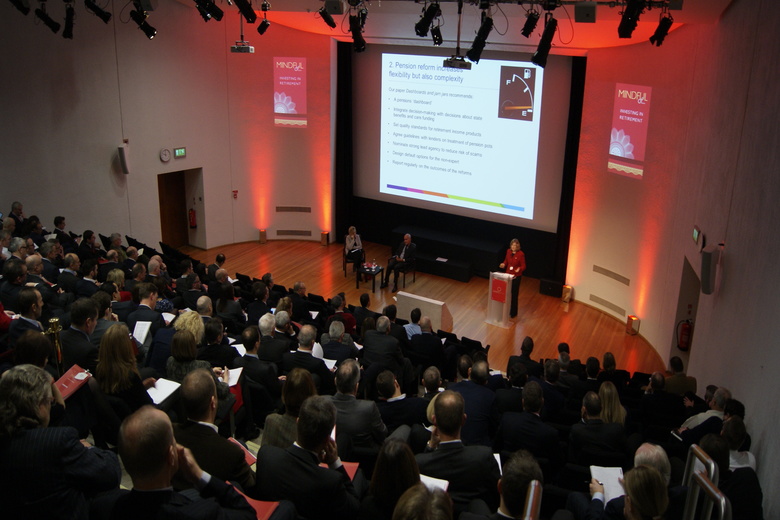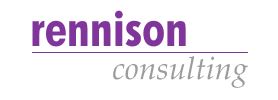


Moderator: Roderic Rennison, Rennison Consulting
Expert: Eric Armstrong, Synaptic Software
Overview
The current regulatory hot topic is suitability.
As a follow up to the recent Thematic Review the FCA has embarked on an initiative to scrutinise the standard of proof in firms, and letters have been sent out to 700 firms requiring submission of files relating to ‘advice events’.
It suggests the ‘three root causes’ for poor ‘consumer outcomes’ are:
- ‘the poor quality of an advisory firm’s research and due diligence’
- ‘incorrect risk profiling’
- ‘costs’
The FCA’s current initiative shows the extent to which the FCA believes an overhaul on research and due diligence within firms is overdue. Key findings following the initial assessment set out in their Thematic Report 16/1 Paper entitled: “Assessing suitability: Research and due diligence of products and services” published on 16th February 2016 included the observation that due diligence was something that any firm ‘regardless of ‘size or type’ can carry out ‘good research and due diligence’. Poor firms struggle with poor due diligence, and better and more professional firms thrive with good practice in this area.
So in practical terms, what are firms expected to do, and how does this encouragement to act to improve standards of due diligence translate into action?
There is nothing new, and the challenges can be summarised as:
- A ‘culture of challenge’ typifies a good firm where each recommendation shows research seeking to establish a better recommendation over any habitual or standardised offering, including CIP.
- Recommendations must be evidenced on an individual basis. (‘Take reasonable steps to ensure a recommendation is suitable for the client’).
- Selection of platforms are too often made on basis of service (benefit to adviser) and not to client.
- Is good advice compliant advice? Proof of suitability is now obligatory.
Synaptic Software who led this session focused on research points and the practical improvements the FCA is looking for in firms. This session made the case for technological solutions as the only way to ensure that advice is truly compliant.
Key themes
After 20 years’ of experience assisting firms achieve effective compliance regimes around suitability in the key areas, Synaptic suggested that the following aspects were important:
Embrace software and technology
This ensures that transparency and the ability to evidence an audit trail. Access to up-to-date and accurate product and fund data is important, and so are well developed applications. These will allow efficient and repeatable processes to be undertaken.
Whole of market perspective
This golden standard still sits at the heart of effective advice. Whatever the product requirements are, whether platform, investment, protection or other; a whole of market view is essential, including a view on the financial strength of any provider or counter party. Software is needed that can quickly create a shortlist and establish the basis of a recommendation that is demonstrably linked to a client’s documented requirements.
Price
This is very difficult to evaluate effectively without specialist tools that can provide illustrations that are accurate, and can be aligned with illustrations from providers. Given the complexity of charging at platform, product and fund level, it is impossible for spreadsheets to capture the data necessary to compare offerings in a way that will prove the value that is being created within any client recommendation. Synaptic suggested that the ‘total solution cost’ required by the regulator is best represented as a ‘reduction in yield figure’.
Risk
Volatility worked well historically as a proxy for risk, and risk assessments including ratings were based on volatility bands. Practitioners would add in some reputable qualitative research (opinion) and solutions would come to the fore that proved their worth. The investment environment is more complex today, demanding greater analysis and objectivity around risk. There exists a regulatory requirement for assessment of ‘capacity and tolerance for losses’. These and other reasons have led us to concur with the growing acceptance that Monte Carlo simulations are the best way of assessing likely investment outcomes, especially when ‘pound cost ravaging’ and the effects of inflation need to be accounted for. Particularly pertinent is the FCA’s repeated warning of over-reliance on any provider for research input.
Conclusions
Intermediaries need to pay close attention to the need to have auditable due diligence processes that are focused on delivering good client outcomes and to devote the necessary time and resources to achieve this.
The appropriate use of technology can help facilitate these processes.


